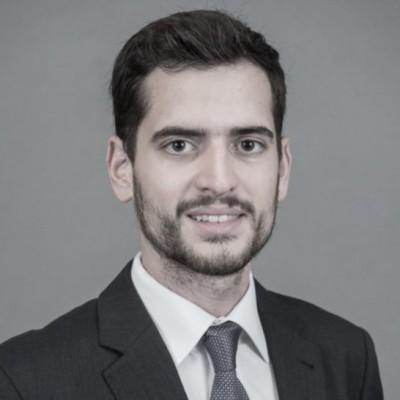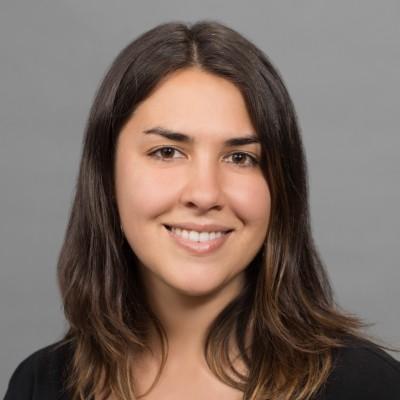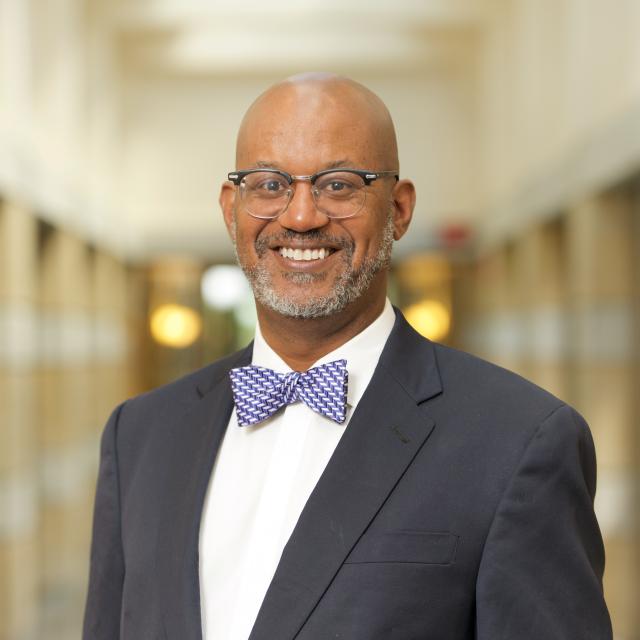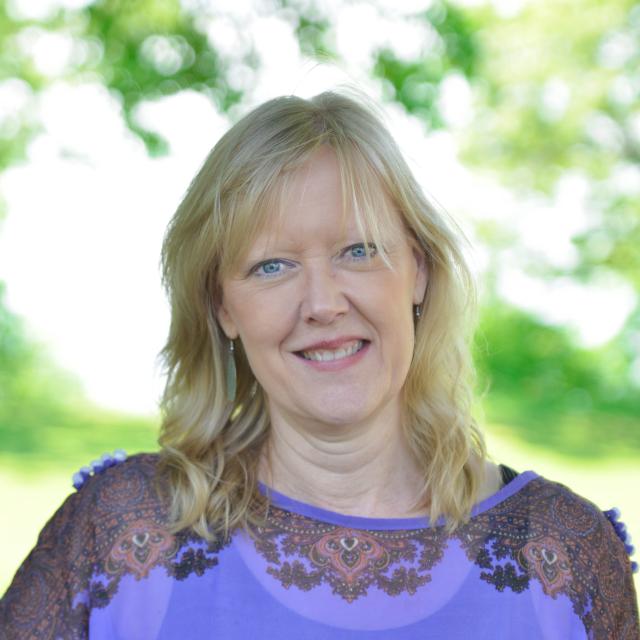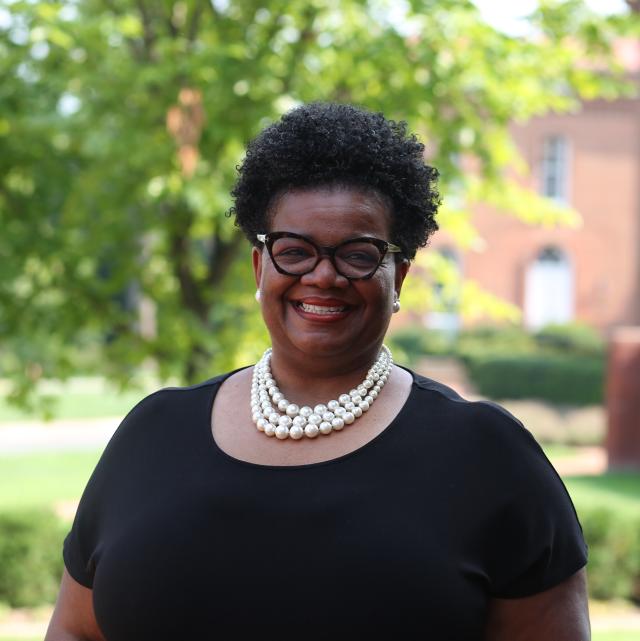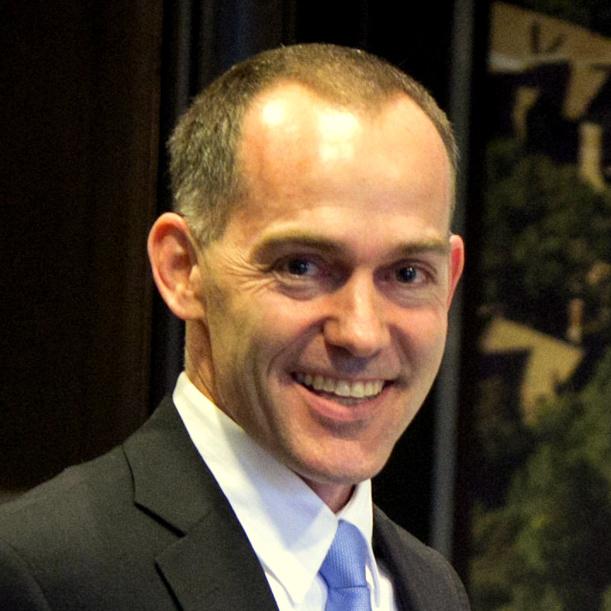Trinity Leadership Fellows
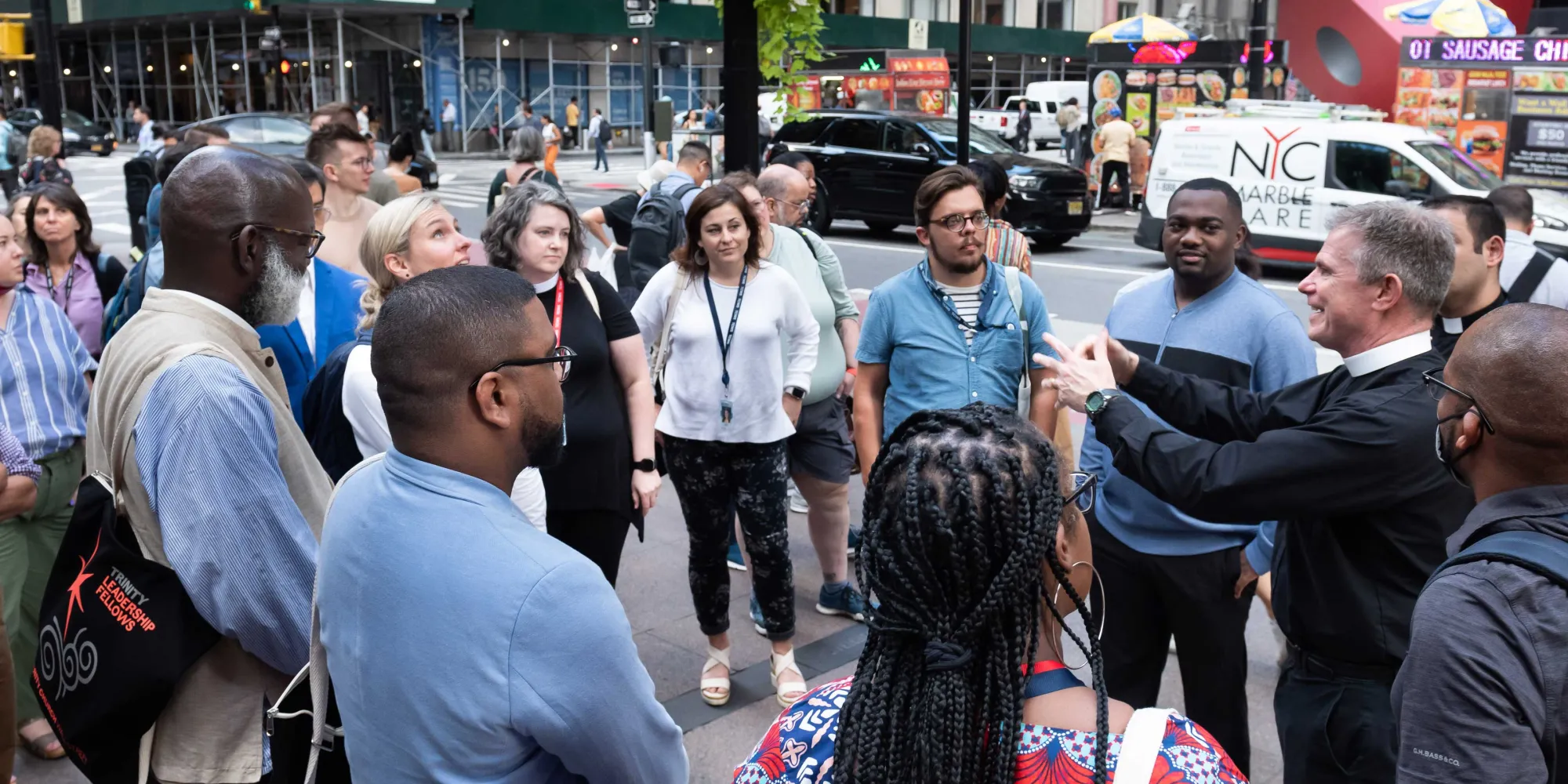
Join a diverse cohort of leaders determined to use their faith to create positive change in our world.
The Trinity Leadership Fellows program educates, inspires, and connects emerging faith, professional, and community leaders seeking to make a difference. Over the course of this two-year fellowship, participants sharpen their leadership skills, learn from experts in the field, and build lifelong supportive peer and mentoring relationships. They graduate from the program equipped with tools to heal divides, disrupt injustice, and strengthen their communities.
This non-residential, fully funded program is open to lay and ordained people of faith across various religious traditions and denominations. The next cohort will convene in person at Trinity Church in New York City in September 2026. During the first year, fellows take online courses to strengthen the core competencies needed for effective leadership. The second year of the fellowship is dedicated to implementing action projects. In September 2028, select participants will be invited to join the Trinity Society of Fellows, where they will join a global network of leaders faithfully serving their communities.
Applications for the 2026 cohort are closed.
Meet the Trinity Leadership Fellows
These faith leaders come from across the globe, from various faith traditions and vocations.
Program Overview
The fellowship consists of a learning phase and an implementation phase.
September 2026: During an initial weeklong in-person gathering at Trinity Church, fellows will meet their mentors and instructors. They will attend a workshop on how to use their faith and values to discern a unique leadership path. This discernment process will shape the rest of the fellows’ curriculum. The week will also include a course on community organizing. In 2026, new fellows will arrive on September 13 and depart on September 18. In-person attendance is required for all.
September 2026–August 2027: Fellows will engage in live online learning sessions with leading scholars and experts on core competencies for effective leadership. These include courses on adaptive leadership, conflict transformation, change management, church and non-profit management, and community organizing, all taught from a faith perspective and informed by individual fellows’ discernment exercises and formation goals.
September 2027: Fellows will reconvene at Trinity Church for a weeklong gathering to meet the next cohort of fellows and present implementation projects.
September 2027–August 2028: Fellows will implement their programs with the assistance of their peers and mentors, meeting with their cohort for continuous support.
September 2028: The cohort will be inducted into the Trinity Society of Fellows.
FAQ
For more information on program eligibility, the application process, TLF programming, and financial aid, click here.
Stay Connected
Not ready to submit your application? Sign up for email reminders from the Leadership Development team.
TLF Advisory Committee Members
The Rt. Rev. Mary Gray Reeves (College of Bishops, The Episcopal Church)
Steve Fowl, PhD (Church Divinity School of the Pacific)
The Rev. Canon Chuck Robertson, PhD (Canon to Presiding Bishop, The Episcopal Church)
Anne B. Evans (Ashoka)
The Very Rev. Cynthia Briggs Kittredge, ThD (Seminary of the Southwest)
Kimberlyn Leary, PhD (Harvard School of Public Health)
Core Instructors
Víctor Pérez García
Adaptive Leadership and Systems Thinking
Víctor Pérez García is a co-founder and managing partner at DialogueLabs, a consulting firm that helps organizations lead change and manage conflict. He specializes in conflict resolution and has worked as a strategy and economic development consultant for clients in the public and private sectors in Europe, East Asia, North and South America. He was a teaching fellow of adaptive leadership at Harvard University and a fellow at the Harvard Carr Center for Human Rights Policy. He has led political dialogue initiatives in India, Pakistan, and Spain.
Inmaculada Macías Alonso, PhD
Adaptive Leadership and Systems Thinking
Inmaculada Macías Alonso is a co-founder and managing partner at DialogueLabs, a consulting firm that helps organizations lead change and manage conflict. She specializes in gender and diversity. She has worked in the areas of ethical finance and women’s economic integration for universities, companies, and governments in Europe, the Middle East, North and South America. She was a teaching fellow of behavioral science at Harvard University and a postdoctoral research fellow at the Harvard Women and Public Policy Program, where she worked on women’s leadership and mentorship projects.
David Anderson Hooker
Conflict Transformation
David Anderson Hooker is founder and principal narrator for CounterStories Consulting, LLC. CounterStories was established to advance narrative approaches to transforming historical harms and supporting community and organizational transformation. From 2016 to 2021, Hooker served as associate professor of the Practice of Conflict Transformation and Peacebuilding at the University of Notre Dame’s Joan B. Kroc Institute for International Peace Studies, an integral unit of the Keough School of Global Affairs. Since 2001, his research and practice have focused on the role of narratives in cultural trauma, the multigenerational transmission of trauma, and identity construction in post-conflict contexts.
Rev. J. Elise Brown, PhD
Change Management and Organizational Development
The Rev. J. Elise Brown believes every congregation has a mission and every community needs a powerful and progressive faith witness. Her passions and skills include helping congregations and organizations create ministry plans that work, and then using those plans to produce abundance and fruitfulness. Having worked in diverse communities throughout her 20 years in ministry, she understands the factors needed to move congregations toward greater, more authentic diversity and mission impact. She is an ordained clergyperson of the Evangelical Lutheran Church in America and rostered in the Metropolitan New York Synod.
Jacqueline Ballou
Non-Profit and Church Administration
Jacqueline Ballou is the senior vice president for Finance, Administration, and Operations at Virginia Theological Seminary. Her responsibilities include financial management, information technology, and facilities management (maintenance, grounds, space, and capacity planning), as well as all construction projects. She is also responsible for human resources, the child-care center, and all external contracts (food services and cleaning). With an operating budget of $18 million, over a hundred employees, and an endowment of approximately $200 million, she manages a complex internal financial system. She is a member of the leadership team at the seminary and participates fully in its worshipping life.
Brad R. Fulton, PhD
Community Organizing
During his 15 years as a university chaplain, community organizer, and ministry leader at institutions ranging from Stanford University to Compton Community College, Brad Fulton led diverse teams of staff and volunteers to minister on college campuses and in their surrounding communities. Trained as a sociologist of religion, race, and politics, Fulton became a professor of nonprofit management and social policy at Indiana University. His research draws on theological insights, organizational scholarship, and critical theory to examine the social, political, and economic impact of faith-based organizations. He directs the National Study of Community Organizing and is the co-author of A Shared Future: Faith-Based Organizing for Racial Equity and Ethical Democracy.






